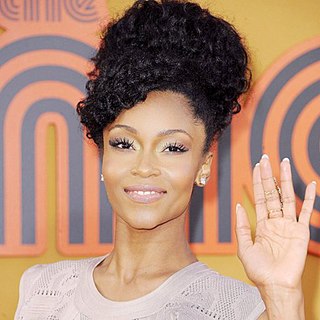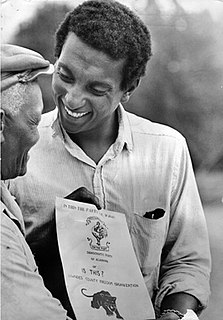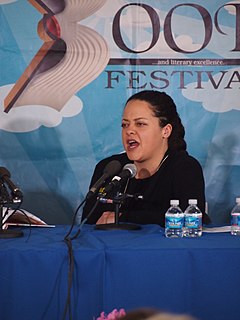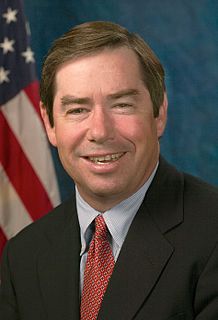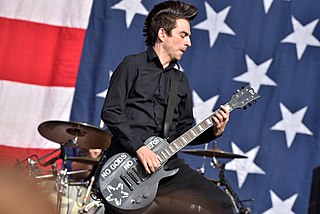A Quote by Yaya DaCosta
My parents were very active in the Civil Rights Movement. My father was a Student Nonviolent Coordinating Committee (SNCC) worker; my mother was a secretary with the Panthers.
Related Quotes
We like to think of the '60s as Martin Luther King, Jr. and Malcolm X and a little bit of friction - no, there were all of these different groups. There was the Student Nonviolent Coordinating Committee (SNCC), the Black Panthers, Martin and Malcolm, but also the Whitney Youngs of the world, the Bayard Rustins of the world.
Oh, Diane Nash deserves her own film. Diane Nash is a freedom fighter who is still alive and kicking. She was one of the leaders of the desegregation of Nashville, basically. She was a student at Fisk University who was one of the founding members of SNCC, the Student Nonviolent Coordinating Committee.
In less than a century we experienced great movement. The youth movement! The labor movement! The civil rights movement! The peace movement! The solidarity movement! The women's movement! The disability movement! The disarmament movement! The gay rights movement! The environmental movement! Movement! Transformation! Is there any reason to believe we are done?
The gay rights movement of recent years has been an inspiring victory for humanity and it is in the tradition of the civil rights movement when I was a young boy in the South, the women's suffrage movement when my mother was a young woman in Tennessee, the abolition movement much farther back, and the anti-apartheid movement when I was in the House of Representatives. All of these movements have one thing in common: the opposition to progress was rooted in an outdated understanding of morality.
